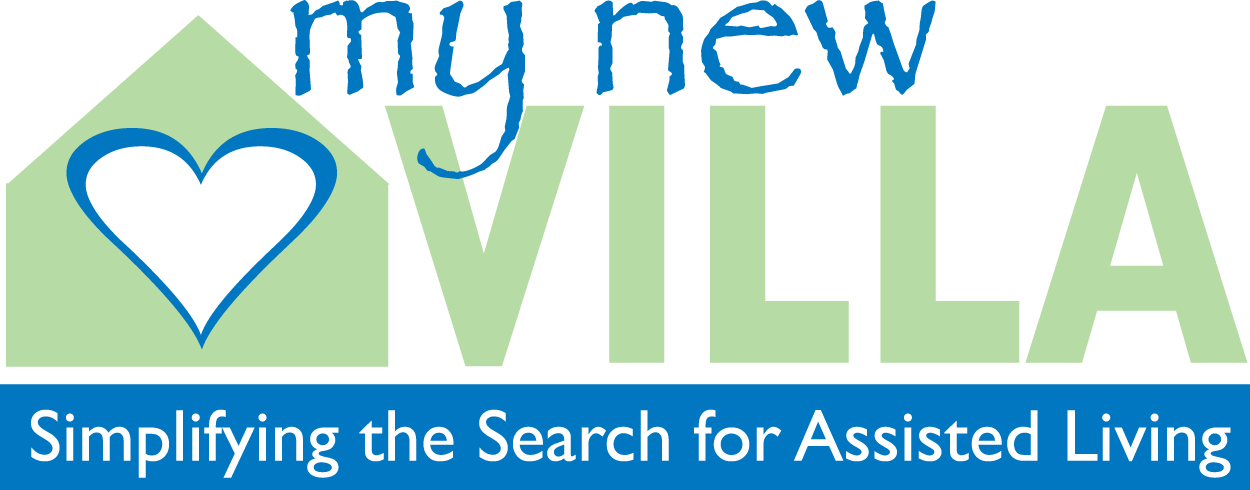Items to Consider When Looking at Memory Care Communities
/One of the most startling differences between communities can be found in the way they handle memory care needs. Similarly, the level of care needed between individuals can vary greatly. Below is a list of some common differences to consider. A senior living navigator can walk you through these and other differences in greater detail to ensure a great fit for your loved one.
Care Needs Over Duration
One thing to consider with any move of this type is what a facility can handle long term. Some good things to know are:
What do they have to offer when their memory care needs grow?
What do they have to offer when their medical care needs grow?
What changes will require them to move to a different assisted living facility or to a skilled nursing facility?
Social Activities
For someone in the early stages of Alzheimer’s or dementia, they may desire to participate in activities common to others their age without that diagnosis. For those in later stages, participation in those activities may be troubling or impossible and programming catered to those with similar needs can be highly beneficial. It is good to consider whether the facility has activities that they can enjoy at the stage of life they are in and also to consider what may be available down the road when their needs change.
Married Couples
It is typical that married couples have very different care needs. It is common to find that one may need memory care and the other may not. Facilities differ greatly in how they handle this situation. Some things to consider:
Is it in both individual’s best interests that they reside in the same room?
If so, can both be cared for and participate in activities that are appropriate for them?
If not, how difficult would it be for the individual not in memory care to visit?
If one later needs skilled nursing care, how does the situation change?
Wander Protection
Not all communities can care for individuals that have a history of wandering and will ask that an individual move if this occurs to ensure their safety.
Can the community care for someone that needs this sort of care?
If so, how is this handled?
If not, what would the options be next?
FREE Consultation
For a FREE consultation with a senior housing navigator, CLICK HERE to request and assessment or call 440-320-7280.


